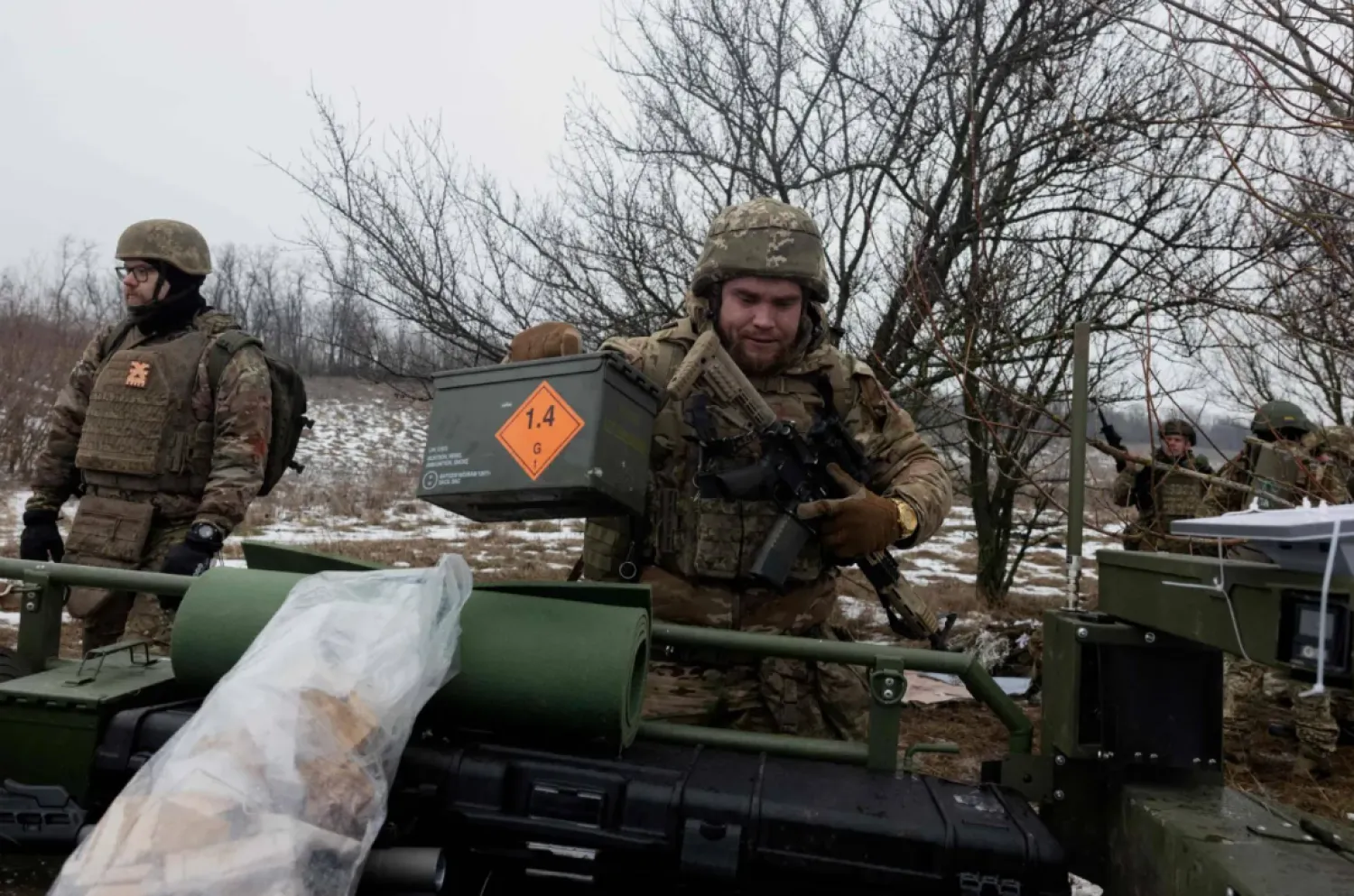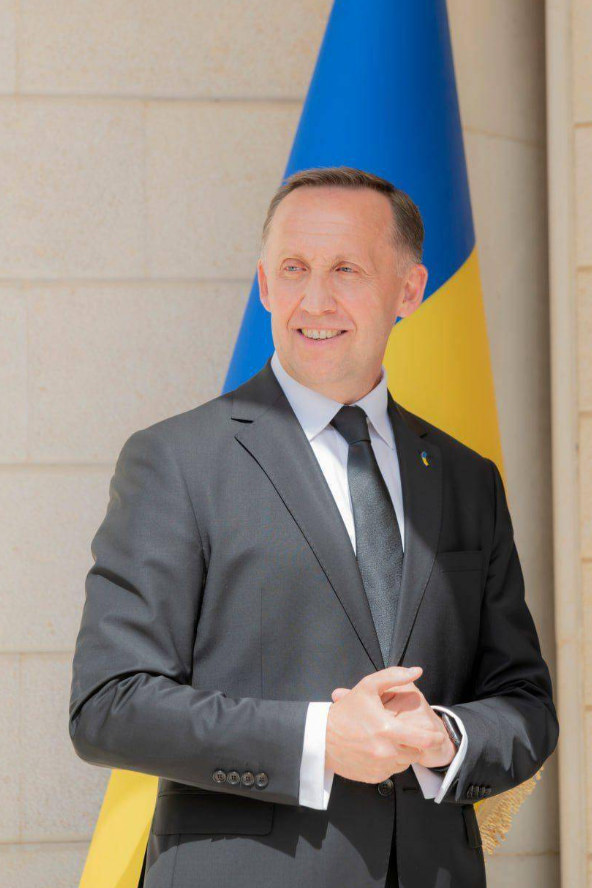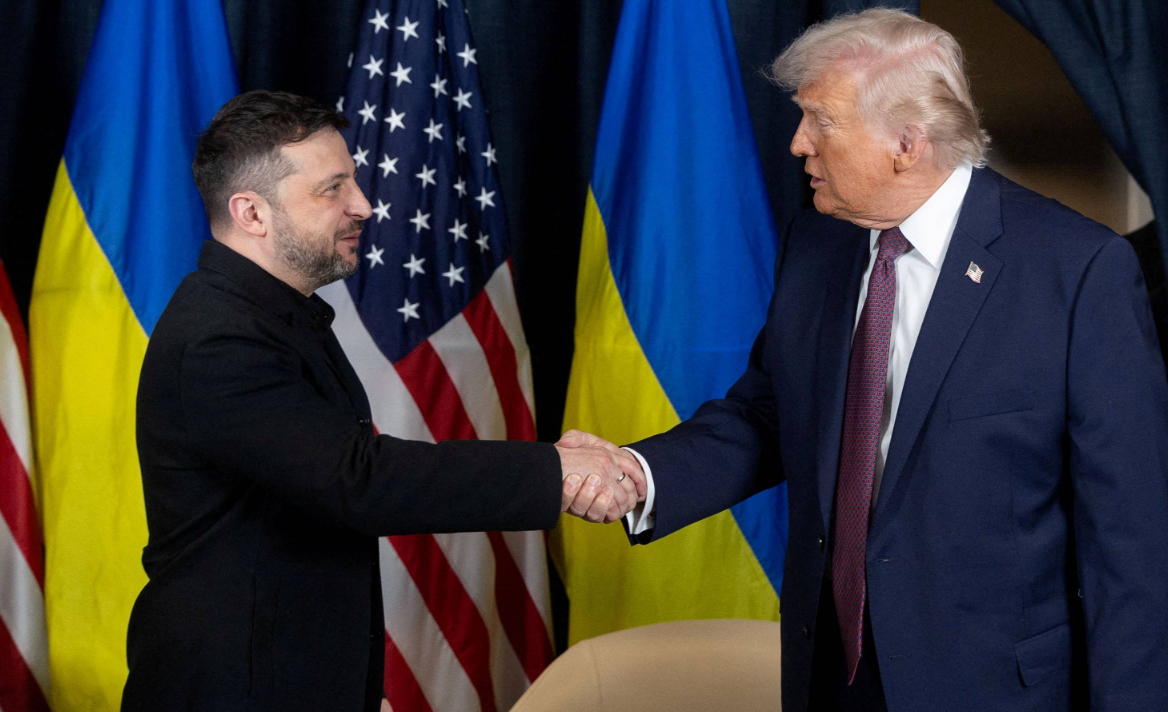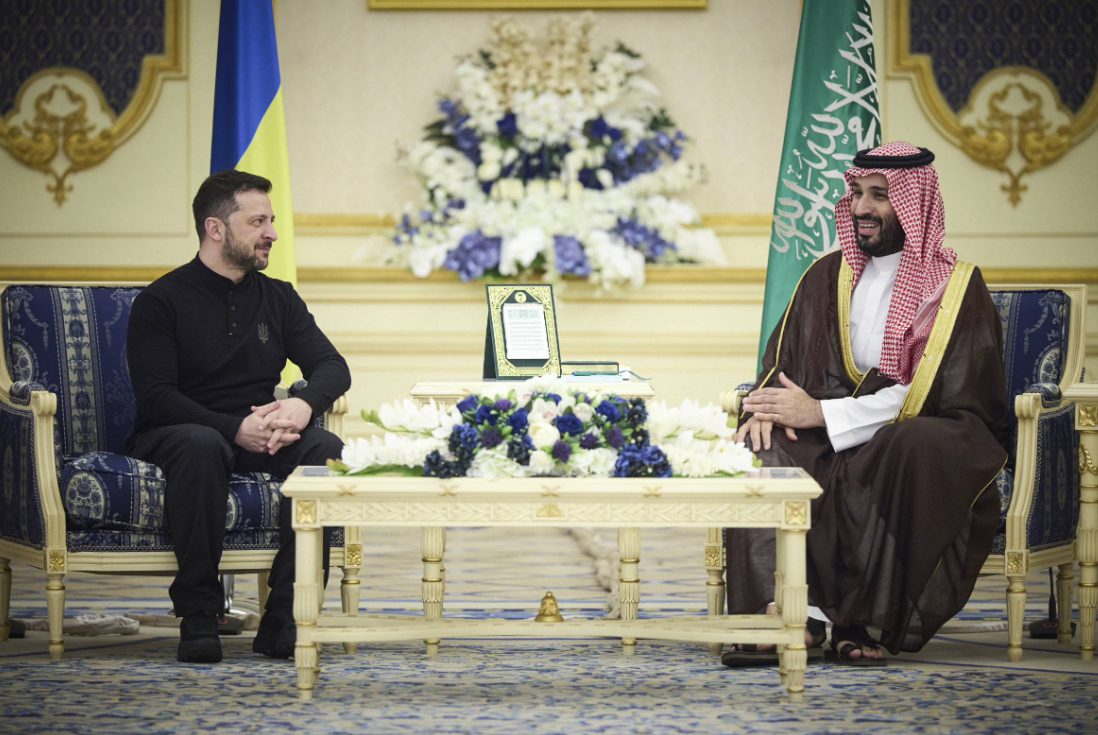Yemeni Minister of Oil and Mineral Resources, Dr. Saeed Al-Shammasi, expressed the government’s full readiness to resume the export of crude oil and liquefied gas, immediately after the announcement of the expected peace agreement under the auspices of the United Nations, in a way that enhances and supports the state’s general budget.
In an interview with Asharq Al-Awsat, Al-Shammasi pointed to discussions with Saudi Arabia to help restart the Aden refineries, stressing that the Kingdom’s support during the last period has greatly reduced the burden on the state’s general budget and the import bill.
Al-Shammasi participated in the Future Minerals Forum, which was hosted in Riyadh on Jan. 10-11. He said that Yemen was rich in many minerals that are used in the solar energy and alternative energy industries, such as lithium and silicon.
The minister highlighted the final discussions to establish an oil refinery and an integrated industrial zone in the Al-Dhaba region in Hadramout Governorate, in addition to a domestic gas project in the Masila sector, and studies to establish an oil refinery in Shabwa.
Al-Shammasi refuted news about the withdrawal of OMV from Yemen, indicating that the company has a global trend to shift from exploration and production to specializing in the production of alternative energy and marketing of crude oil
The Yemeni Minister of Oil and Mineral Resources also spoke about many important files, including production capabilities and expected investments.
-Participation in the Future Minerals Forum
Yemen’s participation in the Future Minerals Forum was aimed at presenting the country’s rare and very large mineral resources, Al-Shammasi said, adding: “This year, after a period of about 10 years, during which Yemen did not participate in any exhibitions on a large scale and provide samples of its great mineral resources..., we focused in the conference on some of the minerals that the world needs, especially those used in solar energy and alternative energy industries.”
He continued: “We focused on switching from fossil fuels to alternative energy in order to preserve the environment and humans. This trend is important, especially in light of the discoveries of some materials that are used in these industries, such as lithium.”
-Mineral wealth in Yemen
The Yemeni Minister of Oil and Mineral Resources indicated that his ministry has conducted several preliminary studies of the minerals that are available in most of the liberated areas. He revealed that during the forum, companies applied to establish a cement factory with an investment of $200 million in one of the southern governorates (Abyan, Shabwa, or Hadhramaut).
-Saudi support to restart Aden refineries
Al-Shammasi emphasized that the oil sector was one of the main pillars of the economy and contributed more than 70 percent of the state budget, but has been greatly affected by the war since March 2015.
He revealed advanced discussions with Saudi Arabia to restart Aden’s refineries, which he said constitutes a major priority for the ministry in 2024.
The minister continued: “In 2021, the Kingdom provided about $450 million to support oil derivatives. All of this undoubtedly reduced the burden very significantly on the state’s general budget and the import bill.”
-Foreign oil companies
Al-Shammasi admitted that foreign companies quickly react to any security developments that occur and declare force majeure, but at the same time, he explained that the situation has changed since the liberation of areas in the south, and parts of Marib, Taiz, and Hodeidah.
He underlined that “Yemen still requires the creation of a safe investment environment for these investments, stressing that investors were discouraged to come to a country that does not enjoy security, safety, and political and security stability.
The Yemeni Oil Minister reiterated that the Austrian company OMV has not withdrawn from Yemen, pointing out that it was following a global trend to shift from exploration and production to producing alternative energy and marketing crude oil.
-Readiness to export oil and liquefied gas
Al-Shammasi confirmed that the ministry is ready to export crude oil and gas immediately after announcing any peace agreement in the country, noting that Yemen’s leadership announced that in the first phase of peace, the export of crude oil and gas will be allowed in the first week of the agreement.
“We are ready at any moment for the peace process to begin and for us to be allowed to export crude oil. With regard to gas, we have recently launched a re-maintenance phase and have completed about 80 percent of the repairs of the Balhaf port,” he stated.
Commenting on the recent events that took place in the Marib oil governorate after raising the prices of oil derivatives, the Yemeni minister pointed to the government’s plan to unify the prices of oil derivatives throughout the country.
Al-Shammasi noted that Yemen welcomes all national and foreign investments in the field of oil, gas and precious metals, noting that the ministry was working to promote investment opportunities in all regional and international forums.
He said that final agreements were underway for two major projects in 2024. The first is the establishment of a refinery with an industrial zone in the Al-Dhabah region in Hadramout, with a production capacity of about 25,000 barrels in its first phase, and the second is the establishment of a domestic gas project in the Masila sector.













